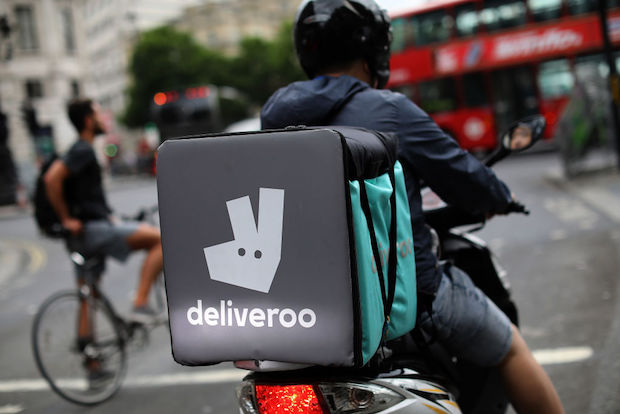2018 will be a crucial year for the gig economy in the UK. Only a couple of months ago, the work and pensions, and the business, energy, and industrial strategy committees of the House of Commons jointly presented a new framework for modern employment. This latest report adds to an already wide-ranging set of proposals from different stakeholders on how the gig economy should be reformed. The big question now is whether and how Government will respond.
Yet alongside any possible government action, several ongoing high-profile legal cases are bound to have a significant impact. The antagonism inherent to the court room has pitted platforms against workers, and created a polarised version of the gig economy as a zero-sum game, in which only one side can win at the expense of the other. This, in turn, is influencing the wider policy debate, with proponents of reform struggling to agree on a balanced and effective way forward.
For the gig economy to thrive in 2018 and beyond, this polarisation must end. The imperative is to implement and advance solutions that benefit both the growth of the on-demand economy and the wellbeing of those who work in it.
Many of the proposals put forward by Matthew Taylor, the expert commissioned by the government to conduct the independent review into modern working practices, point precisely in this direction – including an easier way for individuals and employers to determine employment status and advocating technology, such as portable benefits, to further support quality flexible work.
But equally as important will be the infrastructure that has started to grow up around the gig economy. In fact, this emerging infrastructure, designed specifically for the gig economy and therefore aligned to the needs of those working and providing work in it, is already supplying much of the support that policymakers hope to achieve via legislative means. As a result, worker protection is being strengthened, while the flexibility of the labour market will be maintained.
There are, for instance, a growing number of companies and start-ups that facilitate innovative services for independent workers, ranging from banking and financing to the provision of higher levels of security in areas like health. Similarly, better and adequate insurance is an important part of the overall infrastructure that underpins the gig economy.
The company I founded in 2016, Zego, provides flexible commercial insurance for delivery drivers working via on-demand platforms. Drivers pay only when they are on a job, and the cover stops as soon as it ends. Since drivers only pay for insurance when they are working they save money, while both they and the public are suitably protected. This empowers them to make a meaningful choice about the number of hours they want to work, safe in the knowledge that insurance will not be a prohibitive cost barrier to working a few hours when they want to.
Like other companies in the growing gig infrastructure, Zego enables the true flexibility that is the promise of the on-demand economy and valued by so many of its participants. In fact, our own data shows that the average number of hours worked by those driving cars daily is 4.5 and weekly is 13.5; for those driving scooters it is 6.5 and 19 respectively. These figures tally with other evidence showing that many gig economy drivers are not using it as a substitute for full-time employment of the 40-hour week variety. They need an infrastructure and support network which matches that choice.
None of this is to suggest that there isn’t room for smart policy interventions that address prevalent concerns about certain working conditions in atypical employment relationships. But 2018 must be the year where the debate about the future of the gig economy shrugs off the increasingly unhelpful polarisation and takes a broader perspective on how increased protection and flexibility can go hand in hand. Focusing more on the emerging infrastructure for gig workers would be a good place to start.
Harry Franks is the co-founder and CEO of Zego (www.zego.com)






Comments